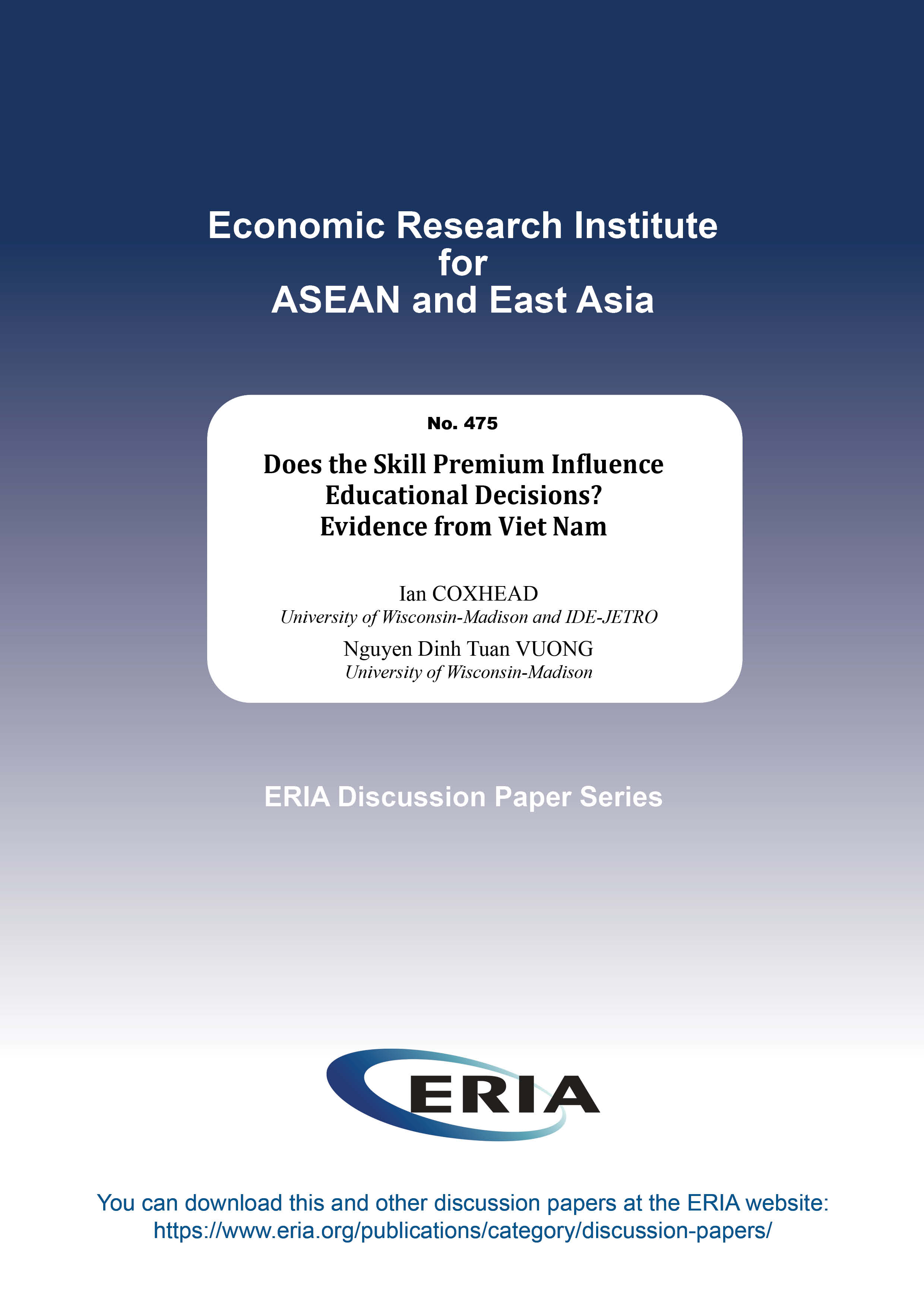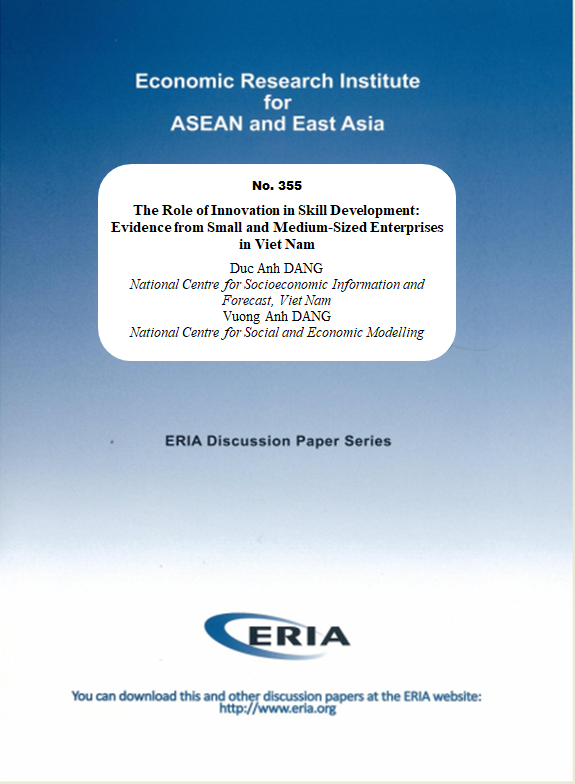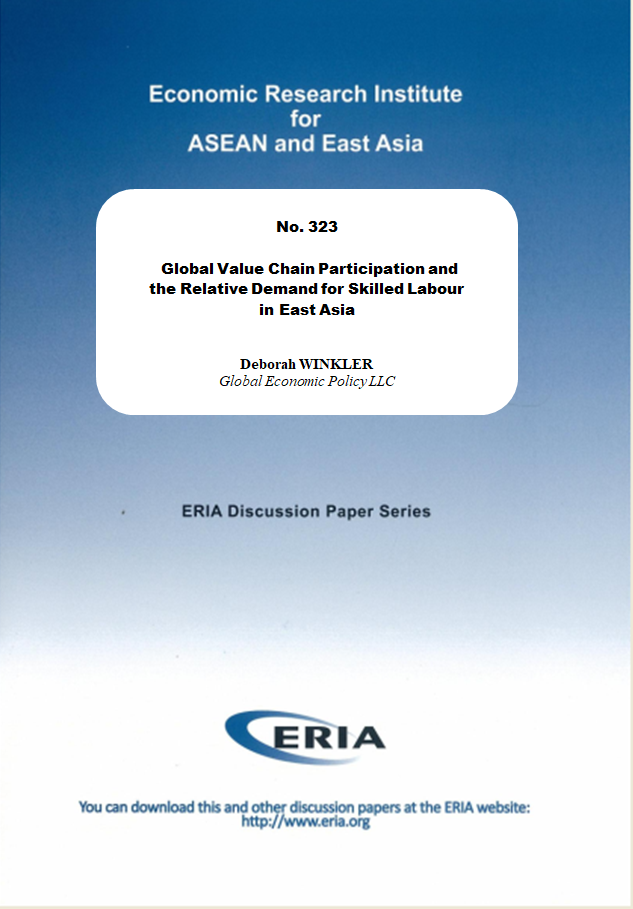Does the Skill Premium Influence Educational Decisions? Evidence from Viet Nam

Date:
15 May 2023Type:
Discussion PapersTags:
Viet Nam, Education, Skills Development, labour productivityPrint Article:
Viet Nam’s economy has grown and changed in dramatic ways since WTO accession in 2007. Much of the growth and change is due to expanded international trade and FDI. These in turn have greatly increased domestic labour demand. However, growth that exploits the country’s abundant supply of low-skill labour may depress the relative demand for skills. In this paper we ask whether the skill premium – the relative price of skills, which also measures the gross economic benefit to schooling at high school and beyond – plays an influential role in schooling decisions amongst teenagers for whom wage-work is an alternative to continued education. We first use event study methods to clarify trends in wages and skill premia. We then decompose influences on upper secondary school enrolments from income growth, demographic change, and skill premia. We find that the college skill premium has a positive influence on enrolments, whereas the premium from upper secondary completion has no significant effect. Our conclusions explore implications for future productivity growth as well as economic and educational policies.
Does the Skill Premium Influence Educational Decisions? Evidence from Viet Nam




